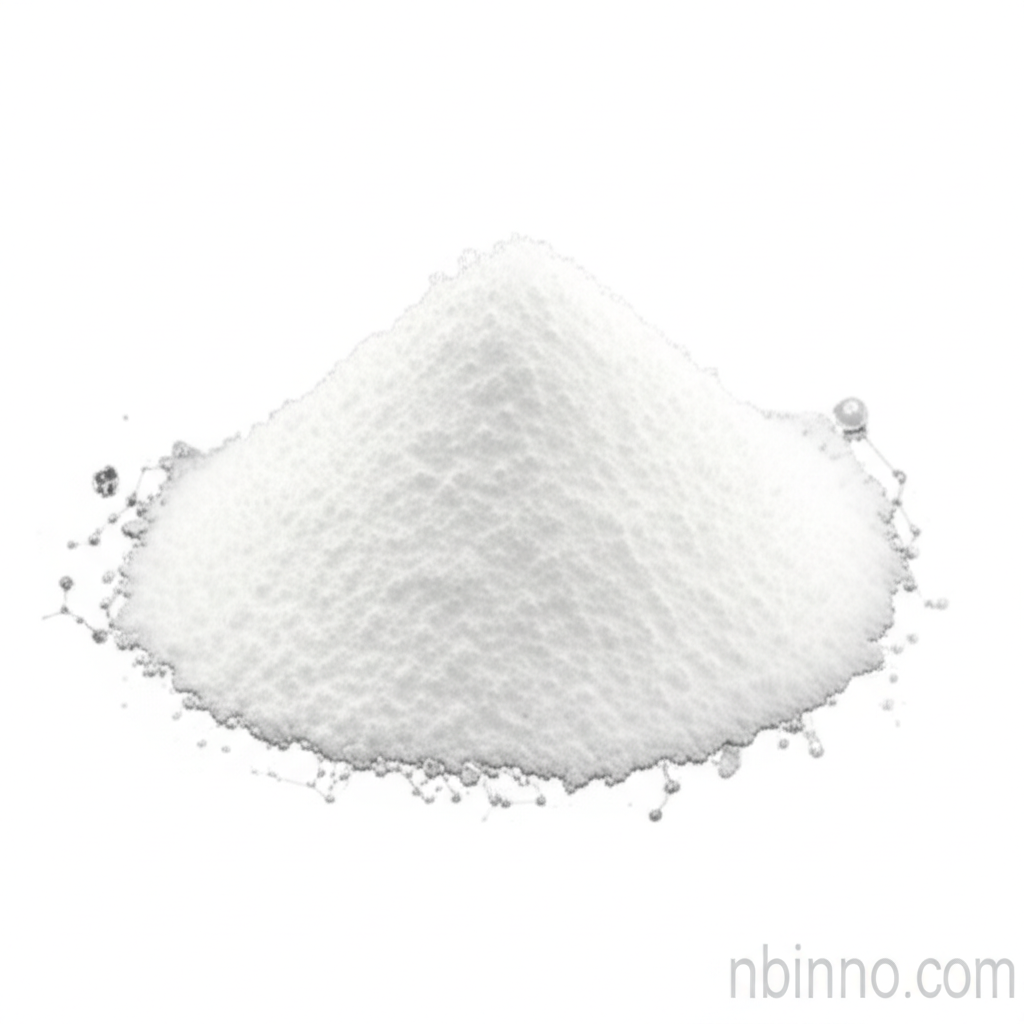Hydrogenated Castor Oil (CAS 8001-78-3): A Versatile Emollient and Thickener
Explore the broad spectrum of applications for this stable, wax-like oleochemical in personal care and industrial sectors.
Get a Quote & SampleProduct Core Value

Hydrogenated Castor Oil
Hydrogenated Castor Oil, also known as castor wax, is a derivative of castor oil that has undergone a process of hydrogenation. This transforms its liquid form into a more stable, solid or semi-solid, wax-like consistency. It is valued for its emollient properties, ability to stabilize emulsions, and function as a thickening agent, contributing to the texture and overall quality of various products.
- Discover the emollient properties of hydrogenated castor oil, providing a smooth, soft feel to the skin and aiding in moisturization.
- Learn how hydrogenated castor oil functions as a stabilizer in personal care products, ensuring consistent formulation over time.
- Understand the role of castor wax thickening agent in adjusting the viscosity and enhancing the texture of cosmetic formulations.
- Explore the benefits of hydrogenated castor oil in coatings, where it improves resistance and acts as a viscosity modifier.
Key Advantages
Enhanced Stability
The hydrogenation process significantly increases the stability of the oil, making it more resistant to oxidation and extending its shelf life, crucial for hydrogenated castor oil in plastics manufacturing.
Versatile Texture Modifier
As a castor wax thickening agent, it effectively adjusts product viscosity, contributing to smoother application and a luxurious feel in personal care items.
Safe and Non-Comedogenic
Its non-comedogenic nature makes it a safe choice for most skin types, aligning with the growing demand for natural ingredients, as seen in hydrogenated castor oil uses in cosmetics.
Key Applications
Personal Care & Cosmetics
Utilized as an emollient, thickener, and stabilizer in creams, lotions, lipsticks, and hair care products, improving texture and feel, a key aspect of hydrogenated castor oil uses in cosmetics.
Coatings and Inks
Functions as a rheology regulator, enhancing fluidity and coating performance, while preventing pigment precipitation, crucial for the effectiveness of hydrogenated castor oil in coatings.
Plastics and Rubber
Serves as a lubricant and release agent for PVC and polyethylene, improving processing and dispersion, a significant benefit in hydrogenated castor oil for plastics.
Candle Manufacturing
Enhances hardness, glossiness, and burning performance, leading to more stable candles with reduced smoke and wax drip, a traditional application for this castor oil derivative for candles.
